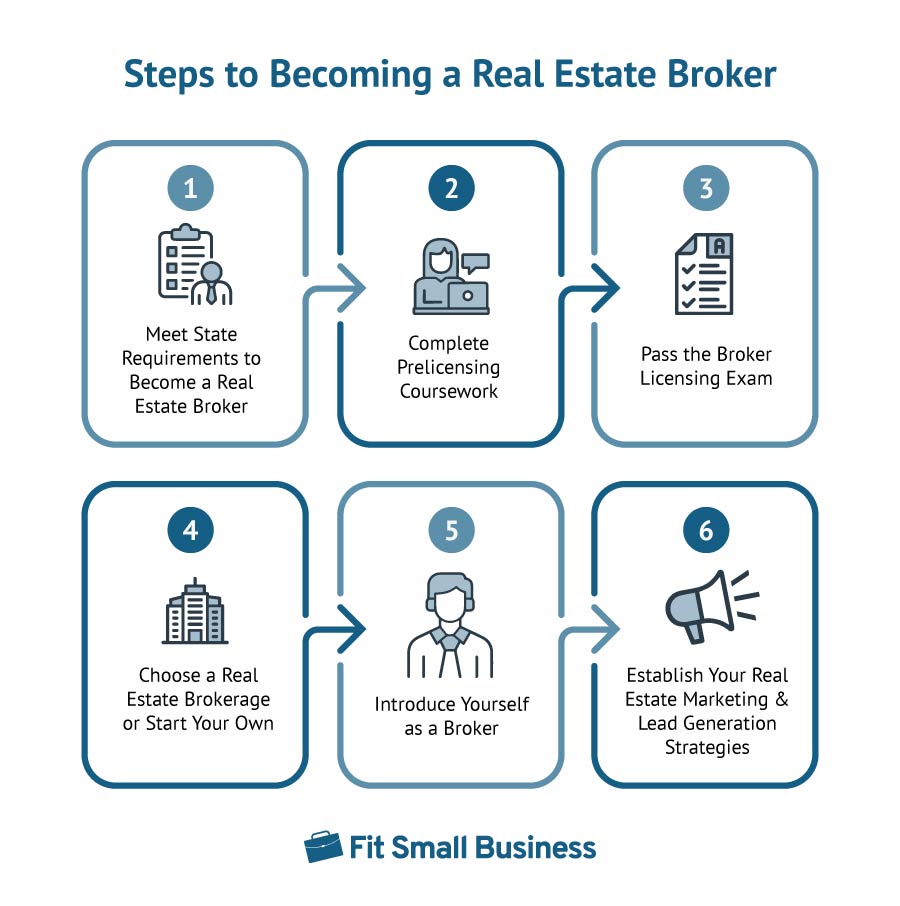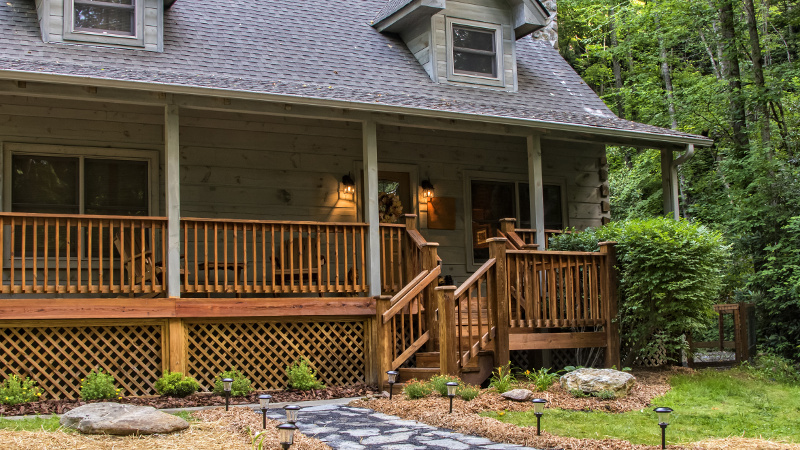
Your bio should be unique and attractive to potential clients if you are a real-estate agent. You don't have to be difficult, but it is possible with a bit of guidance.
Creating a Great Bio: New Real Estate Agentbios, Templates, and Examples
Your bio as a real estate agent is a chance to highlight your unique selling points. Make it clear why you are the best choice for home buyers or sellers. You can also use the forum to discuss your personal beliefs and your most important job qualities.
Your bio should be specific to your market. This requires you to understand the demographics and preferences of those you serve as well the things they are looking for from a real estate agent.
The 80% Rule is a good place where to begin: What would 80% market members want from their agent? It can be as simple to help them find the home that suits their needs or negotiate on their behalf throughout the buying process.

Next, you need to find your passion and purpose for being a real-estate agent. What motivates you to help people sell or buy their homes every day?
It can be helpful to speak about your past work experience. This will allow potential clients to get an idea of your previous work experience.
Although a bio does not have to be lengthy, it should contain some key information about you that will set you apart in your field.
It is possible to use education, past experience, and hobbies to establish your credibility as a competent and trustworthy professional. It is a good idea, if possible, to include any relevant professional certifications.
You should also include awards, citations and other recognitions. This allows you to display your achievements and establishes you as an expert in the field of real estate.

Tim Smith has presented his accomplishments in an engaging and concise way in the example below. He also combined them with the qualities clients want in a real agent: trustworthiness.
You can add a personal touch to your bio by including a picture of yourself or a photo from a client's house closing. It gives your bio a more personal touch and shows you are authentic.
A photo is an essential part of your bio. You need to make sure that it matches your message. A family vacation photo can do wonders for your bio.
A video bio is also an option. A short video clip can be used to describe your approach and highlight your personality. Katie Day, a Houston agent, uses video in a bio to explain who she is and what makes them a good choice for home buyers.
FAQ
How can I get rid of termites & other pests?
Your home will be destroyed by termites and other pests over time. They can cause damage to wooden structures such as furniture and decks. It is important to have your home inspected by a professional pest control firm to prevent this.
Should I use a mortgage broker?
Consider a mortgage broker if you want to get a better rate. Brokers are able to work with multiple lenders and help you negotiate the best rate. Some brokers receive a commission from lenders. Before you sign up, be sure to review all fees associated.
What are the three most important factors when buying a house?
The three most important things when buying any kind of home are size, price, or location. It refers specifically to where you wish to live. Price is the price you're willing pay for the property. Size refers to the space that you need.
How can I calculate my interest rate
Market conditions affect the rate of interest. The average interest rate for the past week was 4.39%. The interest rate is calculated by multiplying the amount of time you are financing with the interest rate. For example: If you finance $200,000 over 20 year at 5% per annum, your interest rates are 0.05 x 20% 1% which equals ten base points.
Can I get another mortgage?
Yes, but it's advisable to consult a professional when deciding whether or not to obtain one. A second mortgage is usually used to consolidate existing debts and to finance home improvements.
What should I look for in a mortgage broker?
Mortgage brokers help people who may not be eligible for traditional mortgages. They search through lenders to find the right deal for their clients. This service may be charged by some brokers. Others offer no cost services.
Which is better, to rent or buy?
Renting is generally less expensive than buying a home. However, renting is usually cheaper than purchasing a home. There are many benefits to buying a home. You'll have greater control over your living environment.
Statistics
- Private mortgage insurance may be required for conventional loans when the borrower puts less than 20% down.4 FHA loans are mortgage loans issued by private lenders and backed by the federal government. (investopedia.com)
- 10 years ago, homeownership was nearly 70%. (fortunebuilders.com)
- It's possible to get approved for an FHA loan with a credit score as low as 580 and a down payment of 3.5% or a credit score as low as 500 and a 10% down payment.5 Specialty mortgage loans are loans that don't fit into the conventional or FHA loan categories. (investopedia.com)
- This means that all of your housing-related expenses each month do not exceed 43% of your monthly income. (fortunebuilders.com)
- Based on your credit scores and other financial details, your lender offers you a 3.5% interest rate on loan. (investopedia.com)
External Links
How To
How to find an apartment?
The first step in moving to a new location is to find an apartment. This involves planning and research. This involves researching and planning for the best neighborhood. This can be done in many ways, but some are more straightforward than others. The following steps should be considered before renting an apartment.
-
You can gather data offline as well as online to research your neighborhood. Online resources include Yelp and Zillow as well as Trulia and Realtor.com. Local newspapers, landlords or friends of neighbors are some other offline sources.
-
See reviews about the place you are interested in moving to. Yelp, TripAdvisor and Amazon provide detailed reviews of houses and apartments. You can also find local newspapers and visit your local library.
-
Call the local residents to find out more about the area. Talk to those who have lived there. Ask them about what they liked or didn't like about the area. Ask for recommendations of good places to stay.
-
Be aware of the rent rates in the areas where you are most interested. If you are concerned about how much you will spend on food, you might want to rent somewhere cheaper. However, if you intend to spend a lot of money on entertainment then it might be worth considering living in a more costly location.
-
Find out more information about the apartment building you want to live in. What size is it? How much does it cost? Is the facility pet-friendly? What amenities does it have? Is it possible to park close by? Are there any rules for tenants?